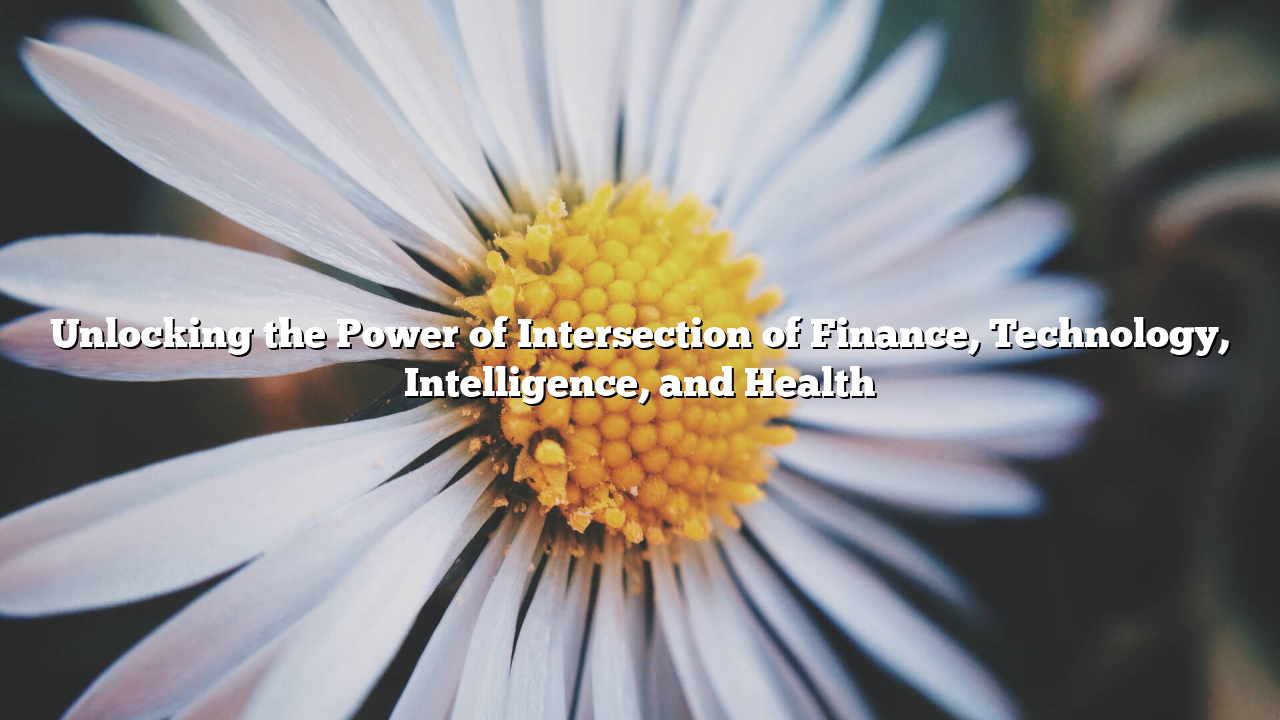As the modern age accelerates, the synergy of financial systems, technological innovation, AI, and healthcare is reshaping how we live. These domains, once seen as separate, are now intertwined, creating new challenges for individuals, businesses, and governments alike.
Modern Financial Systems
The financial industry has undergone a significant transformation due to breakthroughs in digital innovation. Traditional banking systems are now being disrupted by digital banking.
Digital wallets like Venmo are becoming mainstream payment options, reducing the need for cash. Additionally, the rise of crypto assets such as Bitcoin has opened new frontiers for investment and trade.
Blockchain-based contracts, powered by distributed ledger technology, are changing the way we handle agreements. These contracts execute automatically once conditions are met, minimizing the need for third parties.
Technology’s Role in Finance and Health
Technology is not only innovating the financial landscape but also elevating the healthcare sector. Through smart gadgets like health trackers, individuals can now track their heart rate in real time.
Telemedicine has become widely accepted, especially after the COVID-19 pandemic. Patients can access healthcare professionals without having to visit hospitals physically, thus saving time and reducing exposure.
On the financial side, technology has also enabled real-time data analytics. Robo-advisors offer tailored investment strategies based on individual risk profiles.
Intelligence at the Core: AI and Machine Learning
Artificial Intelligence (AI) is at the center of this digital shift. In banking, Gerhanatoto is used to analyze spending behavior with superior accuracy.
As an example, credit scoring models that once relied on limited historical data now use AI to evaluate a person’s creditworthiness using real-time data sources. This ensures more fair lending practices.
In healthcare, AI is powering medical diagnostics. Tools like IBM Watson can analyze vast amounts of medical data to suggest treatments faster than any human doctor.
The Quantified Self Movement
Data is the lifeblood in today’s world. Through digital records, individuals can manage their health metrics to prevent diseases rather than treat them.
Apps like Fitbit encourage healthier living through diet tracking. These technologies also sync with insurance companies to offer discounts for healthier lifestyles, linking financial benefits directly to well-being.
Cloud-based health profiles ensure seamless communication between doctors, specialists, and patients. This not only improves the efficiency of diagnosis but also reduces the chances of medical errors.
What We Need to Watch Out For
Despite the benefits, the fusion of these fields also brings risks. Cybersecurity threats are becoming more common as financial and medical information is stored online.
AI bias in both financial lending and healthcare recommendations can lead to social injustice. It’s crucial that AI models are trained on representative datasets.
Furthermore, the digital divide means that not everyone can benefit from these advancements. Policies must ensure that rural populations are not left behind.
What the Future Holds
Looking to the future, the integration of finance, technology, intelligence, and health will continue to expand. AI may enable new forms of personalized medicine.
Governments and corporations will need to collaborate on standards to ensure ethical use of these technologies. Education and digital literacy will also play a key role in helping the population adapt to these changes.
Ultimately, the blend of finance, tech, AI, and health is not just a trend—it’s the foundation of our future. Those who understand and embrace this evolution will be better prepared for the challenges ahead.
